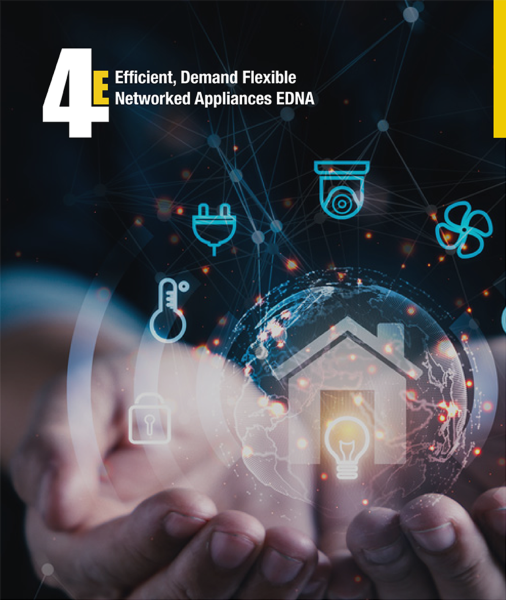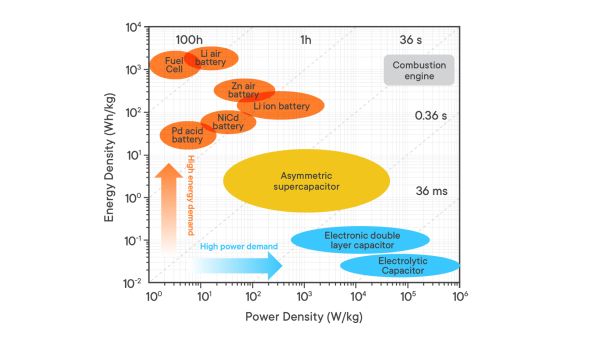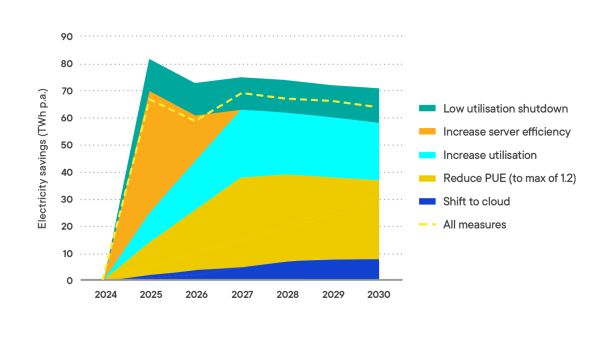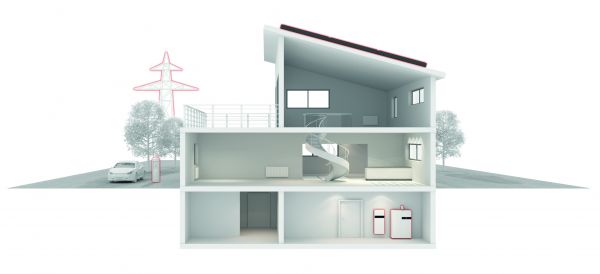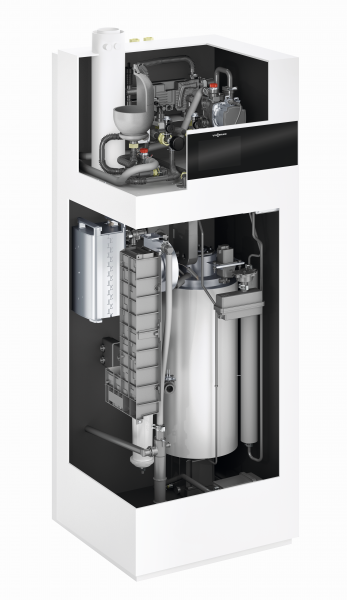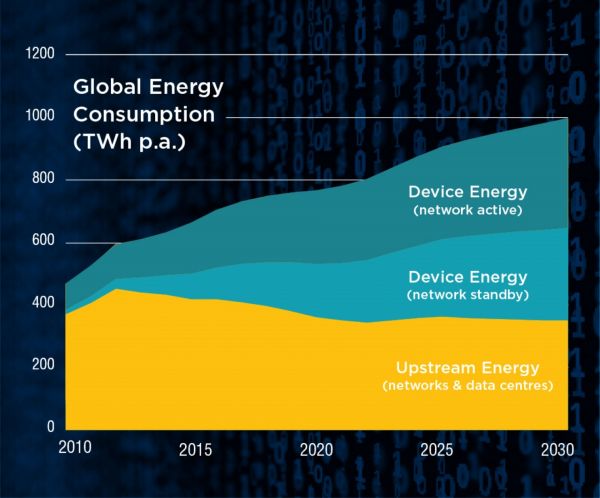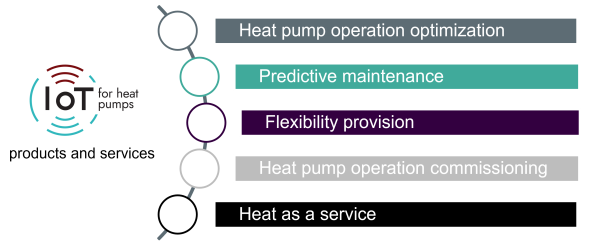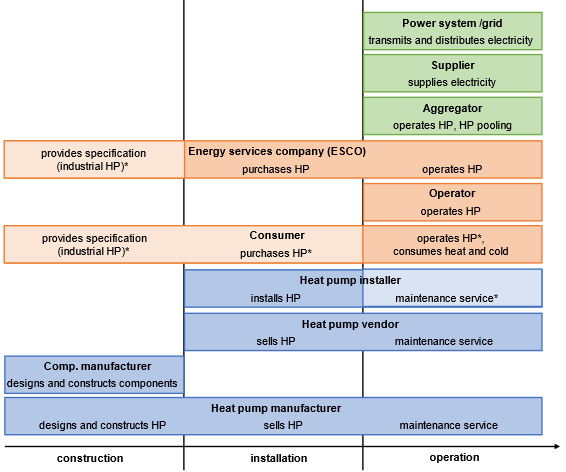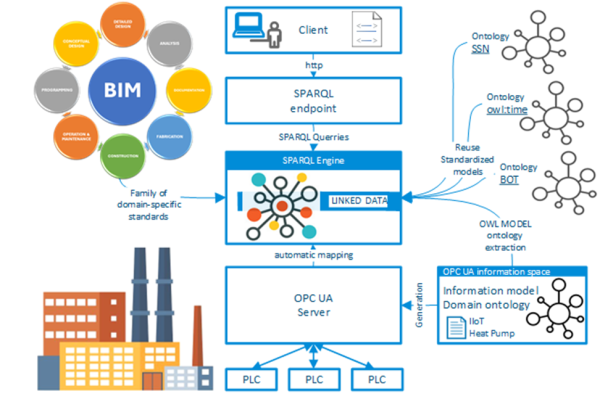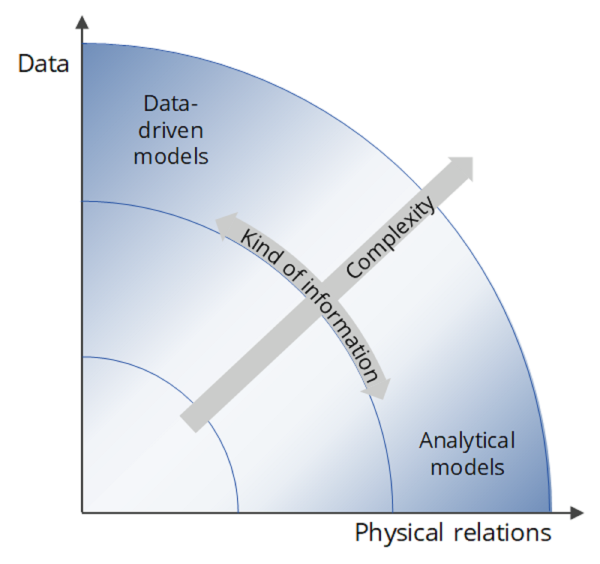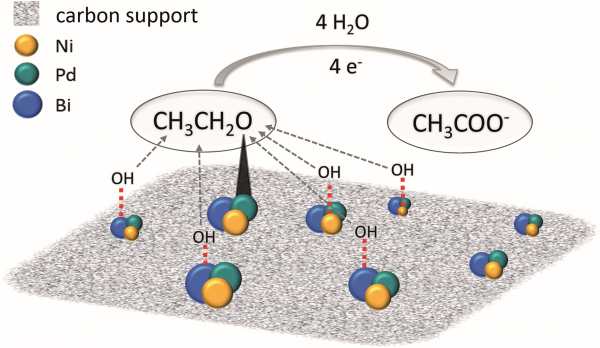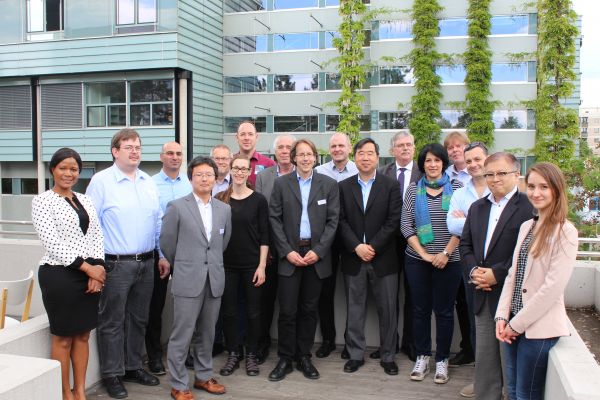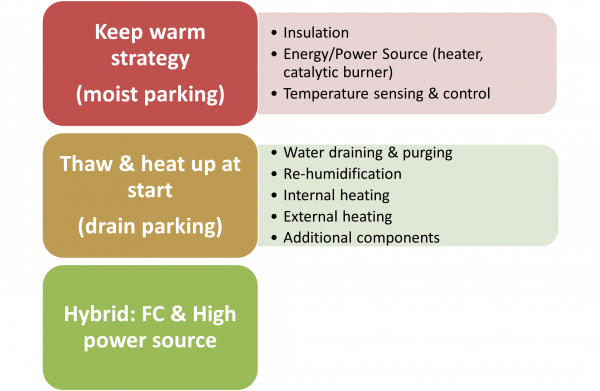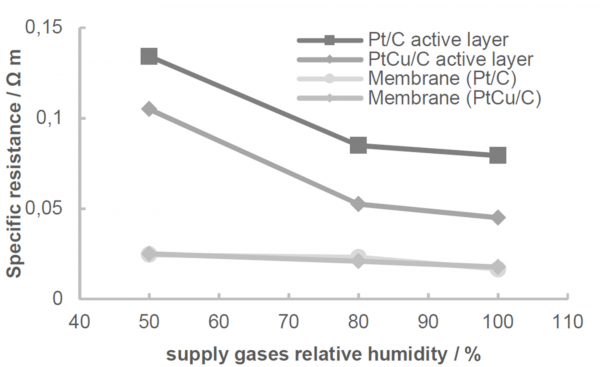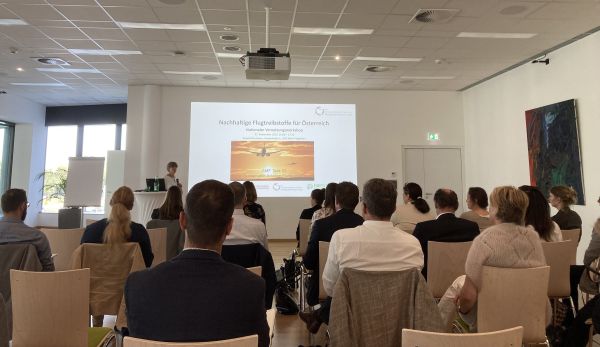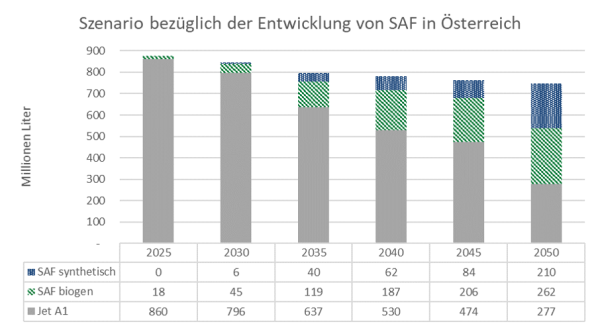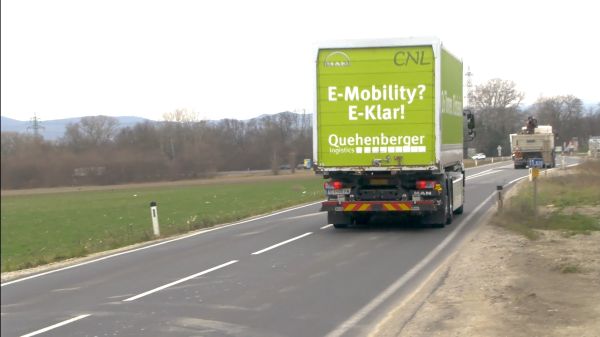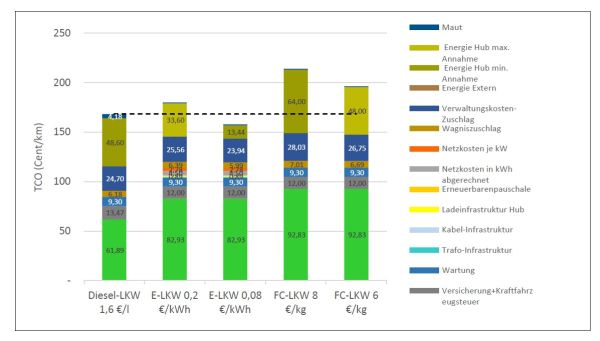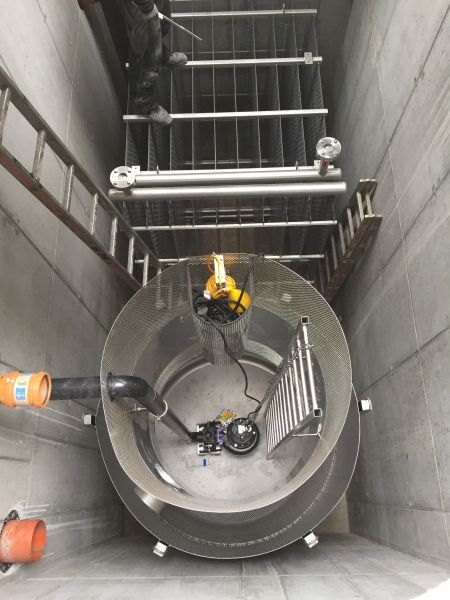Project Image Pool
There are 410 results.
Terms of use: The pictures on this site originate from the projects in the frame of the programmes City of Tomorrow, Building of Tomorrow and the IEA Research Cooperation. They may be used credited for non-commercial purposes under the Creative Commons License Attribution-NonCommercial (CC BY-NC).
New image of EDNA´s website
New EDNA platform website with a range of residential connected devices, which are in the focus of EDNA´s work.
Copyright: 4E EDNA
Stand of the different baterry technologies.
This figure shows the development status of various technologies for rechargeable batteries in consumer electronics.
Copyright: 4E EDNA
Potential energy savings from measures for Data Centres.
The graphic shows the estimated energy savings per year until 2030, for a range of possible measures to improve the efficiency of Data centres, according to modeling conducted by EDNA in 2024.
Copyright: 4E EDNA
Indoor installation of a fuel cell heating system
The illustration shows a typical indoor installation of a fuel cell heating system.
Copyright: Viessmann Climate Solutions
Inner structure of a fuel cell heating system
The illustrateion shows the inner structure and components of a fuel cell heating system.
Copyright: Viessmann Climate Solutions
Global Energy Consumption of network connected devices 2010-2030
The figure shows a graph with the annual energy consumption of network-connected devices in different operating modes - network active and network standby - as well as with the upstream energy consumption of networks and data centers. By 2030, the total global energy consumption of network-connected devices will increase to about 1,000 TWh/yr. Device-related energy consumption in particular will increase significantly, whereas upstream energy consumption will decrease somewhat and account for about one-third of the energy consumption associated with network-connected devices. These and other graphs on the energy consumption of network-connected devices can be quantified using the EDNA Total Energy Model.
Copyright: EDNA, 2020
Network connected devices
Schematic overview of network-connected devices and application areas.
Copyright: EDNA, 2020
Products and services for IoT heat pumps
Over 40 different examples of projects and products for IoT heat pumps were collected in IEA HPT Annex 56. A distinction can be made between 5 categories: Optimization of heat pump operation, Predictive maintenance, Provision of flexibility, Commissioning of heat pump systems and Heat as a service. An example can be assigned to more than one category. The examples are available at https://heatpumpingtechnologies.org/annex56/factsheets/.
Copyright: AIT Austrian Institute of Technology GmbH
Stakeholders in the life cycle of IoT enabled heat pumps
Various examples of business models for IoT heat pumps were collected in IEA HPT Annex 56. The diagram shows the stakeholders involved in the life cycle of an IoT heat pump (blue = heat pump value chain, orange = operators and users, green = energy system). All reports are available at https://heatpumpingtechnologies.org/annex56/.
Copyright: AIT Austrian Institute of Technology GmbH
Use of runtime data in a knowledge base
The graphic shows how real-time data from the field level and building data are linked to the knowledge base.
Copyright: TU Wien
Models for IoT heat pumps
The graphic shows different types of models that are relevant for IoT heat pumps. Physical models are based on physical relationships, data-driven models are created using only data. Hybrid models are based on both data and physical relationships.
Copyright: Danish Technological Institute
Carbon supported PdNiBi catalysts
Carbon supported PdNiBi catalysts for the alkaline ethanol oxidation reaction (EOR).
Copyright: TU Graz
Participants of the Annex Meeting of 16 May 2017
The meeting on Annex 31 was held on 16 May in the rooms of the Institute of Chemical Engineering and Environmental Technology. Hideo Inoue, Alexander Dyck and Werner Lehnert gave technical presentations on the research activities at their respective facilities.
Copyright: TU Graz
Start-up und Shutdown of PEFCs
Most common low temperature (T<0 °C) start-up and shutdown strategies for polymer electrolyte fuel cells (according to literature study).
Copyright: TU Graz
Specific resistance towards proton conduction of Pt based fuel cell components
Specific resistance towards proton conduction at various degrees of relative humidity of Pt based catalysts (Pt/C and PtCu/C) and the corresponding membrane materials.
Copyright: TU Graz
AMF Task 63: National networking workshop
Audience at the national networking workshop "Sustainable aviation fuels for Austria"
Copyright: Doris Matschegg
AMF Task 63: Development of SAF in Austria
Scenario regarding the development of SAF in Austria until 2050
Copyright: Doris Matschegg
E-truck on country road
Electric Truck Prototype (26 to) during overland field test at Austrian Logistics company, member of Council of Sustainable Logistics.
Copyright: CNL/EVN/Vouillarmet 2021
TCO of the various drive technologies compared
Total cost of ownership (TCO) of Diesel, electric and FCEV trucks under different energy price assumptions. Use case: Retail in one-shift operation.
Copyright: CNL (2022)
Sewer for the waste water
The photo shows the sewer for the waste water, picture taken from Dietmar Stampfer during construction works.

